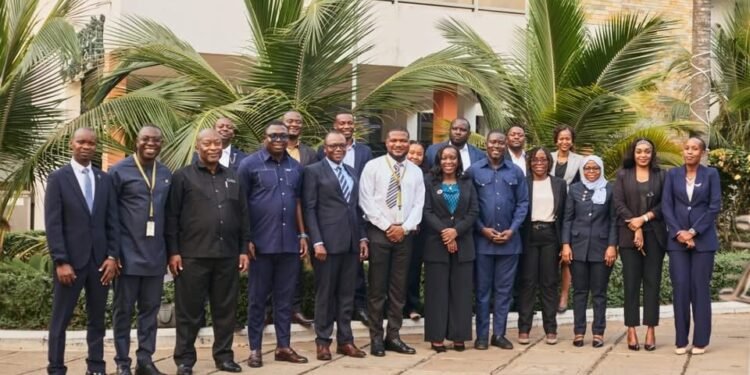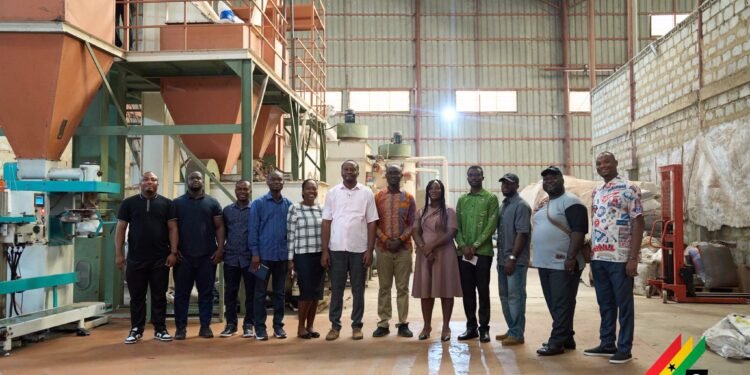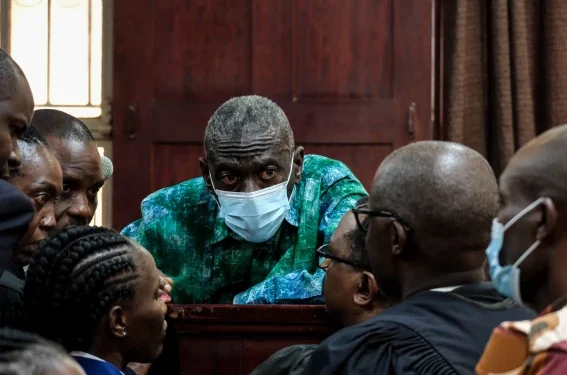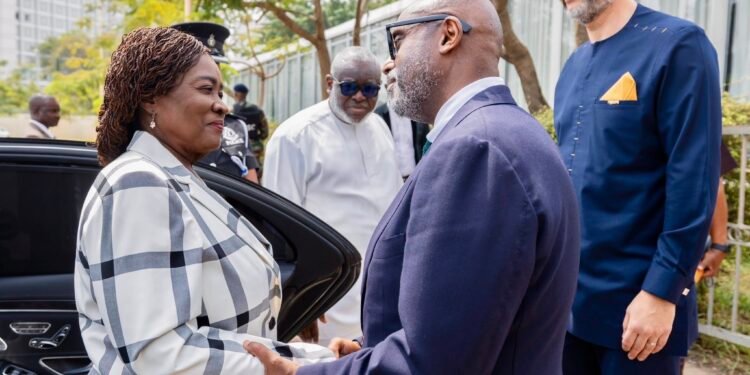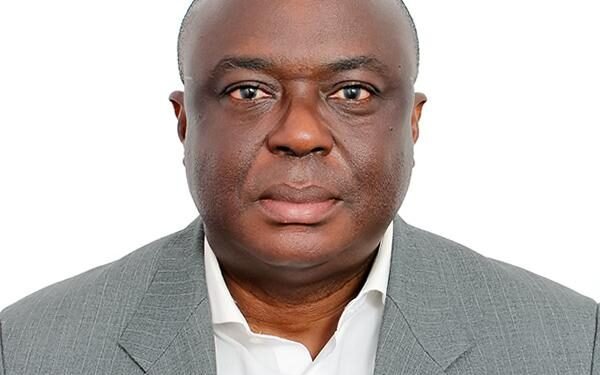Ghana has received commendation from the International Monetary Fund (IMF) for its notable strides in fiscal consolidation, with the country poised to achieve a primary surplus of 0.5% of Gross Domestic Product (GDP) on a commitment basis.
This milestone reflects the government’s concerted efforts to stabilize the economy amidst various internal and external challenges.
The IMF’s latest assessment follows the completion of the third review of Ghana’s 36-month Extended Credit Facility (ECF) arrangement. Under this program, Ghana has demonstrated significant policy and reform progress, leading to an encouraging fiscal trajectory. A primary surplus, which indicates that government revenues exceed non-interest expenditures, is a critical indicator of fiscal health.
Despite pressures such as a recent dry spell and persistent challenges in the energy sector, Ghana’s fiscal performance remains resilient. The government’s approach combines prudent spending, enhanced revenue mobilization, and structural reforms aimed at strengthening fiscal governance.
IMF Endorses Commitment to Fiscal Consolidation
Looking ahead, the IMF has noted the government’s commitment to achieving a primary fiscal surplus of 1.5% of GDP by 2025. This ambitious target will be driven by robust domestic revenue mobilization strategies and the rationalization of non-priority expenditures. Importantly, the government also plans to expand social programs to cushion vulnerable populations from the impact of policy adjustments.
The IMF emphasized that sustained fiscal consolidation will require timely modernization of Ghana’s fiscal responsibility framework. This includes strengthening revenue administration, enhancing public financial management, and improving the operational efficiency of State-Owned Enterprises (SOEs). Particular focus is needed on addressing inefficiencies in the energy and cocoa sectors, which continue to exert pressure on public finances.
The Bank of Ghana (BoG) has played a pivotal role in stabilizing the economy, maintaining a prudent monetary policy stance to curb inflation while rebuilding international reserves. The central bank’s commitment to financial sector stability is evident through measures to promote recapitalization and bolster the viability of banks.
State-owned banks, which have faced significant challenges in recent years, are also undergoing recapitalization initiatives supported by the government’s limited resources. These efforts aim to restore confidence in the banking sector and ensure its capacity to support the broader economy.
The IMF praised these measures, noting that they are crucial for safeguarding financial stability and creating a conducive environment for economic growth.
Structural reforms remain at the core of Ghana’s economic recovery strategy. According to the IMF, creating an environment conducive to private sector investment is essential for boosting economic potential and fostering sustainable job creation. Governance and transparency enhancements are also critical to ensuring that reform benefits are widespread and inclusive.
The government has initiated reforms across various sectors, including agriculture, energy, and digitalization, to drive efficiency and unlock growth opportunities. Modernizing fiscal and economic systems, alongside efforts to improve governance, is expected to lay a solid foundation for long-term economic resilience.
IMF Approves $360 Million Disbursement
In a move that underscores confidence in Ghana’s economic management, the IMF’s Executive Board approved the immediate disbursement of SDR 269.1 million (approximately $360 million). This funding forms part of the ECF arrangement and provides Ghana with much-needed financial support to sustain its reform agenda.
The IMF noted that the disbursement reflects Ghana’s encouraging performance under the program, with key policy actions delivering tangible results. The funds are expected to help the country address pressing fiscal challenges while supporting critical sectors such as energy, agriculture, and infrastructure development.
While Ghana’s fiscal performance is commendable, challenges remain. Emerging spending pressures, particularly in the energy sector, could strain public finances if not managed effectively. Additionally, global economic uncertainties, such as fluctuating commodity prices and tightening financial conditions, may pose risks to the country’s economic outlook.
To sustain progress, Ghana must maintain its commitment to fiscal discipline and structural reforms. Diversifying revenue streams, enhancing export competitiveness, and leveraging technology for public financial management will be vital.









